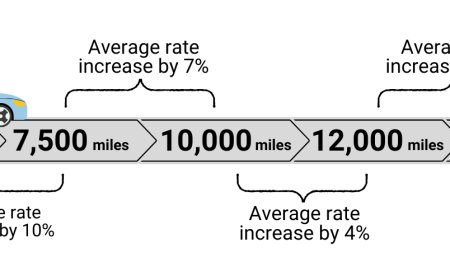Can You Use Personal Health Insurance Instead of Workers’ Compensation?

If you get hurt at work, you might wonder if your regular health insurance can cover your medical bills. Although it may seem easier, personal health insurance is not a replacement for workers’ compensation.
Workers’ compensation is specifically designed to protect both employees and employers when work-related injuries or illnesses happen. Skipping this system can lead to denied claims, unexpected costs, and even legal trouble.
Let’s explore why workers’ comp matters, how it differs from personal health insurance, and what you should do if you’re injured on the job.
What Is Workers’ Compensation?
Workers’ compensation is a type of insurance that covers medical care, partial wage replacement, and rehabilitation services for employees injured or made ill by their work.
For employers, providing workers’ comp is not optional—it’s a legal requirement in nearly every state. It protects both businesses and workers by ensuring injured employees get proper treatment and compensation without lengthy legal battles.
What Does Personal Health Insurance Cover?
Personal health insurance handles general health needs—checkups, illnesses, and injuries that happen outside of work.
But most health insurance plans exclude coverage for injuries that happen on the job. That’s when workers’ compensation steps in.
Why You Can’t Use Health Insurance for Work Injuries
By law, if you’re injured at work, you must use workers’ compensation:
-
Employers are required to provide workers’ comp insurance.
-
Health insurers usually deny claims for workplace injuries.
-
Using the wrong insurance can cause delays, extra costs, or legal problems for you and your employer.
Workers’ Compensation vs. Health Insurance: What’s the Difference?
| Feature | Workers’ Compensation | Personal Health Insurance |
|---|---|---|
| Coverage for Work Injuries? | Yes | No (generally excluded) |
| Pays Medical Bills? | Yes, fully for job-related injuries | Often denied for work-related claims |
| Wage Replacement? | Yes, partial pay while recovering | No |
| Rehabilitation Services? | Yes (therapy, job retraining, etc.) | Rarely |
| Legal Requirement? | Yes, mandated in most states | No |
Risks of Using Health Insurance for a Work Injury
Choosing personal health insurance over workers’ comp can cause:
-
Claim Denials – Health insurance may reject work injury claims.
-
High Out-of-Pocket Costs – You could face deductibles and copays workers’ comp would cover.
-
No Wage Benefits – Personal plans don’t pay lost wages.
-
Legal Issues – Employers risk penalties for not providing workers’ comp.
-
Limited Rehab Support – Workers’ comp often covers rehab; health insurance typically doesn’t.
-
Financial Strain – Long-term injuries may not be fully supported without workers’ comp benefits.
What to Do If You’re Injured at Work
If you get hurt on the job:
-
Report the injury immediately to your employer
-
Get treatment from approved workers’ comp medical providers
-
File a workers’ compensation claim
-
Avoid using personal health insurance unless directed
Bottom Line: Workers’ Compensation Is Crucial
While personal health insurance is important for general medical needs, it doesn’t cover workplace injuries. Workers’ compensation provides the specialized protection, financial support, and legal safeguards you need when injured on the job.
At RIE Law, we’re dedicated to helping workers understand their rights and navigate the complexities of workers’ compensation claims. If you’re unsure about your injury or facing challenges with your claim, we’re here to assist.
Contact RIE Law today for expert advice and support. Together, we’ll ensure you get the care and compensation you deserve.



































